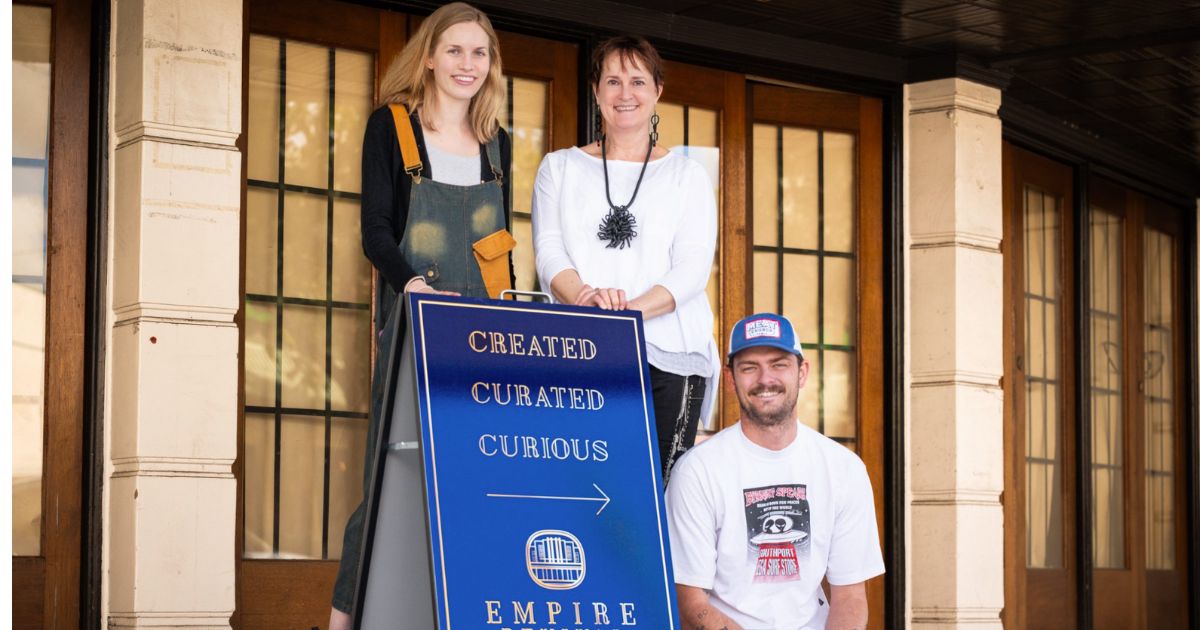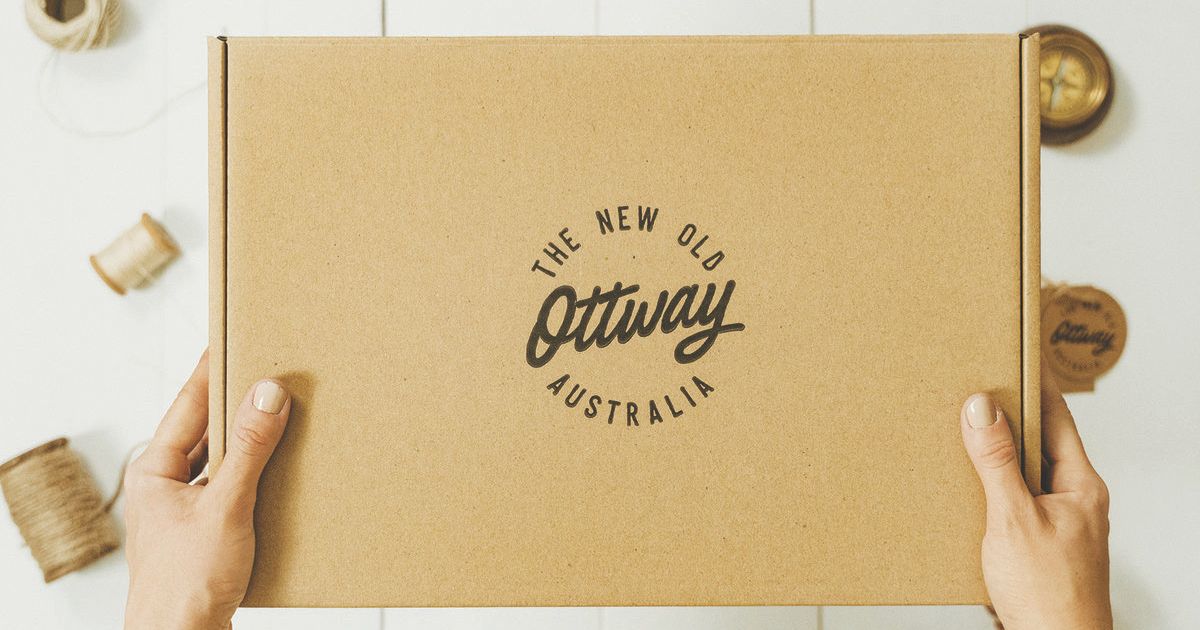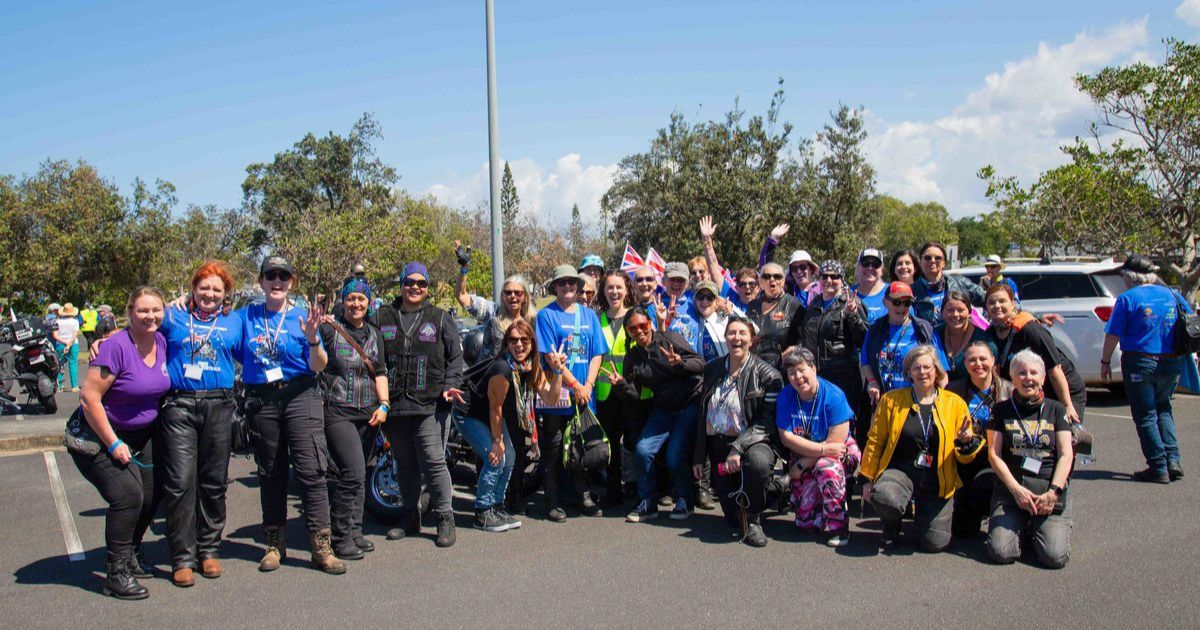Byron Bay Wildlife Hospital seeks volunteers to support local wildlife
THE Byron Bay Wildlife Hospital (BBWH) is calling for volunteers to join its team and help care for the region’s diverse wildlife.
The hospital, known for its unique mobile capacity, provides essential care to a wide array of native animals, including kangaroos, koalas, flying foxes, turtles, and birds.
Based at the nature-based tourism attraction Byron Bay Wildlife Sanctuary in Knockrow, BBWH operates from a custom-built semi-trailer capable of traveling to natural disaster sites and other areas in need.

The hospital employs two full-time veterinarians, two vet nurses, five admin staff, casual vets and nurses, and a CEO, Dr Stephen Van Mil, and is in constant need of volunteers. Since its inception, the hospital has treated over 7,400 patients, with a significant increase in cases in recent years.
Chief executive Dr Stephen Van Mil said nearly 2,700 native animals received care in 2023 alone, marking a 70 per cent rise from the previous year.
“The hospital has treated threatened species like Rose-crowned Fruit Doves and White-bellied Sea eagles,” Dr Van Mil said.

Mammals, including threatened species like Grey-Headed Flying foxes and Squirrel Gliders, have also been successfully treated and rehabilitated.
Volunteering at BBWH offers a chance to contribute meaningfully to wildlife conservation.
Volunteers work alongside professional staff to support the care of sick, injured, and orphaned wildlife.
“Our volunteers are an essential part of the hospital team,” Dr Van Mil said.

The hospital is currently seeking volunteers for various roles, including a skilled heavy vehicle driver.
Dr Van Mil highlighted the critical role volunteers play in their operations.
“By volunteering with us, you help stop the suffering of sick, injured, and orphaned wildlife,” he said.
Earlier this month a Parliamentary Inquiry into the veterinary workforce shortage recommended that the state government provide dedicated, ongoing funding for veterinary services for wildlife.

Dr Van Mil welcomed the findings and recommendations.
“Along with our peers in the veterinary and wildlife care sectors, the strain placed on veterinarians from long hours, high expectations, exposure to suffering, and reliance on donations and volunteering is taking a huge toll,” Dr Van Mil said.
“Native animals face numerous threats, from being hit by cars, attacked by feral pests and domestic pets, habitat loss, disease, and natural disasters.

“There is growing community concern about species extinction, and this report makes it clear that wildlife veterinarians provide a significant public good.
“We welcome this report, and look forward to participating in state-wide consultation announced by the NSW Government earlier this year to improve wildlife rehabilitation and care.”
For more information or to join the volunteer team, visit the Byron Bay Wildlife Hospital’s website.



















